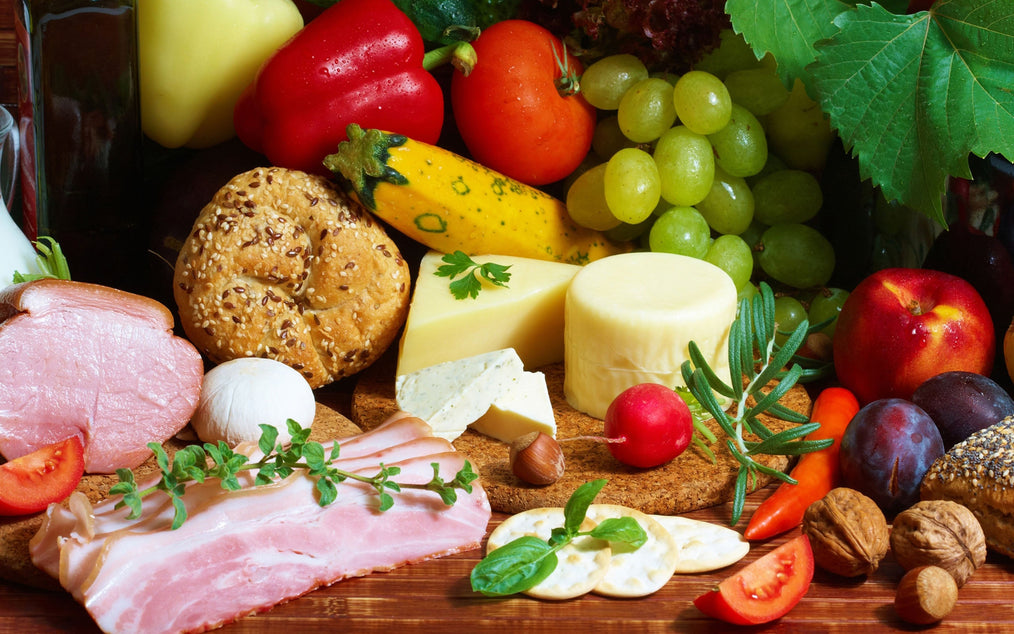7 Common Food Myths The Internet Has Convinced Us Are True
Often myth becomes intertwined with truth, making it impossible to know what is true and what is just fabrication or urban myth. This holds true with just about every element of society, including food. Food myths run rampant throughout the health industry, frightening people into thinking they are not able to eat a particular food type or that other foods might prove useful in ways that are simply untrue. Due to this, it is important to know what food myths are just that: myths. Here are seven of the most common food myths you are likely to hear and are completely bogus.
 your stomach. After all, you can use Coke to clean off the connector plates on your car's battery, and, according to the rumour, the active ingredient in Coke is phosphoric acid, which can dissolve a nail in around four days time. Due to this, the acid leaches and absorbs calcium, which can cause other health risks down the road. While this is the rumor, individuals have loved spreading false gossip about Coke, almost every since the company started up over 100 years ago. Fact is that yes, Coke does have an acid inside of it, but most juice has more acidity to it than Coke (orange juice contains far more acid than Coke). There is no truth behind the "Coke melts your Stomach" rumor.
your stomach. After all, you can use Coke to clean off the connector plates on your car's battery, and, according to the rumour, the active ingredient in Coke is phosphoric acid, which can dissolve a nail in around four days time. Due to this, the acid leaches and absorbs calcium, which can cause other health risks down the road. While this is the rumor, individuals have loved spreading false gossip about Coke, almost every since the company started up over 100 years ago. Fact is that yes, Coke does have an acid inside of it, but most juice has more acidity to it than Coke (orange juice contains far more acid than Coke). There is no truth behind the "Coke melts your Stomach" rumor.
Coca-Coca Melts the Lining of Your Stomach
You've probably heard the rumors that dark colas, such as Coke, Pepsi, Dr. Pepper and others are all able to melt away the lining of your stomach. After all, you can use Coke to clean off the connector plates on your car's battery, and, according to the rumour, the active ingredient in Coke is phosphoric acid, which can dissolve a nail in around four days time. Due to this, the acid leaches and absorbs calcium, which can cause other health risks down the road. While this is the rumor, individuals have loved spreading false gossip about Coke, almost every since the company started up over 100 years ago. Fact is that yes, Coke does have an acid inside of it, but most juice has more acidity to it than Coke (orange juice contains far more acid than Coke). There is no truth behind the "Coke melts your Stomach" rumor.
your stomach. After all, you can use Coke to clean off the connector plates on your car's battery, and, according to the rumour, the active ingredient in Coke is phosphoric acid, which can dissolve a nail in around four days time. Due to this, the acid leaches and absorbs calcium, which can cause other health risks down the road. While this is the rumor, individuals have loved spreading false gossip about Coke, almost every since the company started up over 100 years ago. Fact is that yes, Coke does have an acid inside of it, but most juice has more acidity to it than Coke (orange juice contains far more acid than Coke). There is no truth behind the "Coke melts your Stomach" rumor.





